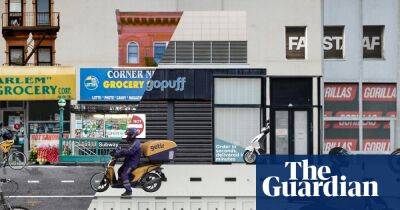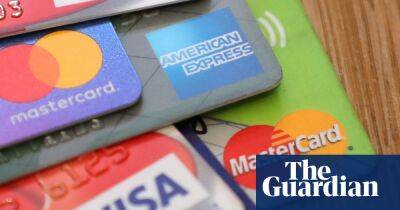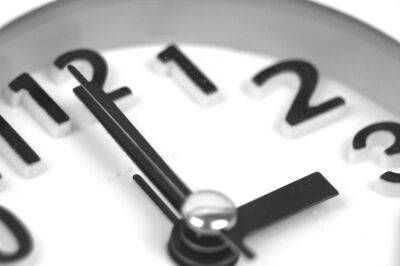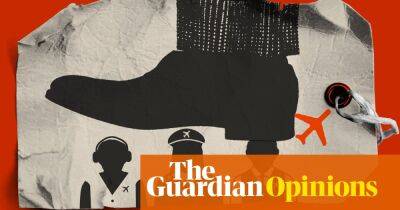Fifth of UK households now have ‘negative disposable income’
A fifth of UK households now have an average shortfall of £60 a week between what they earn and what they need to cover essentials such as energy bills, rent, transport and food, as the rising cost of living leaves people with the lowest amount of spare cash in almost five years.
Soaring living costs, up 11% year on year in June, led to a record 18% drop in average household disposable income of £175.80 a month, according to data from the Asda Income Tracker collated by the Centre for Business and Economic Research (Cber).
The average household had £200 a week left after paying tax and essential bills last month – a figure that has fallen for eight consecutive months to a level not seen since December 2017.
Those on the lowest incomes were hardest hit as the £20 boost to universal credit during the pandemic was withdrawn in October and inflation raised the price of essentials, squeezing spending power.
Those in north-east England and Northern Ireland fared worst, as these regions were most affected by the benefit changes. Londoners did better than the rest of the country during the first three months of the year, but then saw a decline in spare cash.
The squeeze on cash is leading people to cut back on non-essentials such as subscriptions and gambling as well as debt payments and broadband costs, according to figures from Nationwide.
The building society’s clients cut overall spending on credit and debit cards and via direct debits by 4% in June compared with May. This was driven by a monthly decrease of 6% and 3% in non-essential and essential spending respectively.
Spending on fuel and electric vehicle charging was the only essential category in which there was a month-on-month rise.
Nearly every non-essential category
Read more on theguardian.com




















